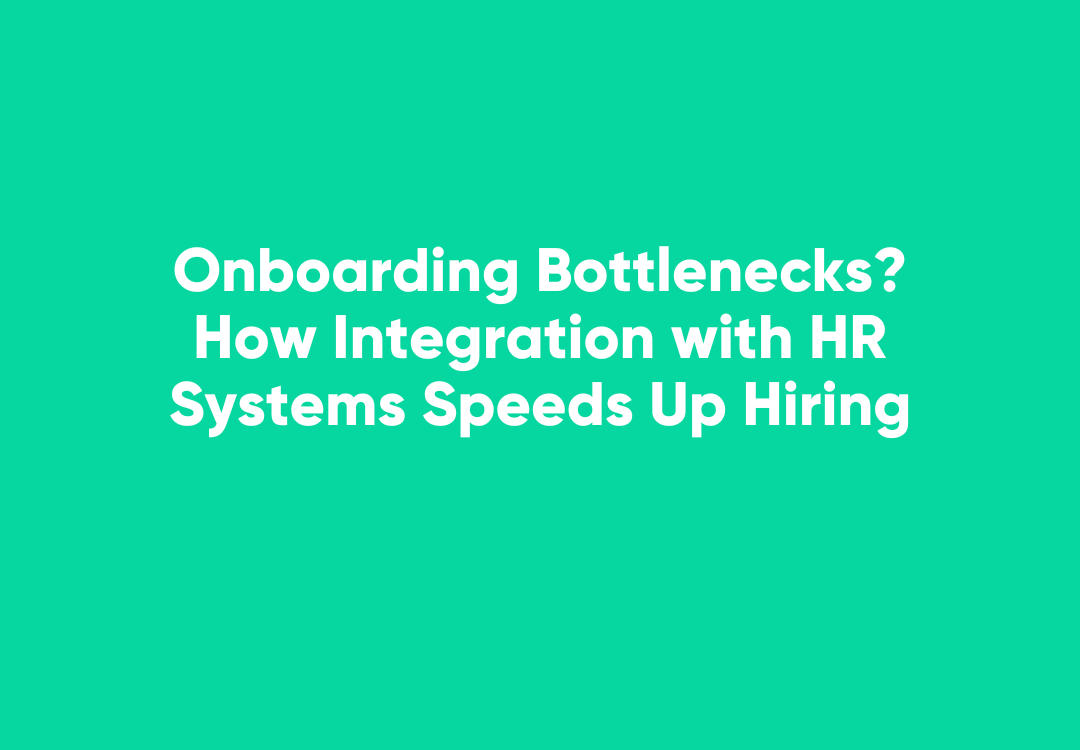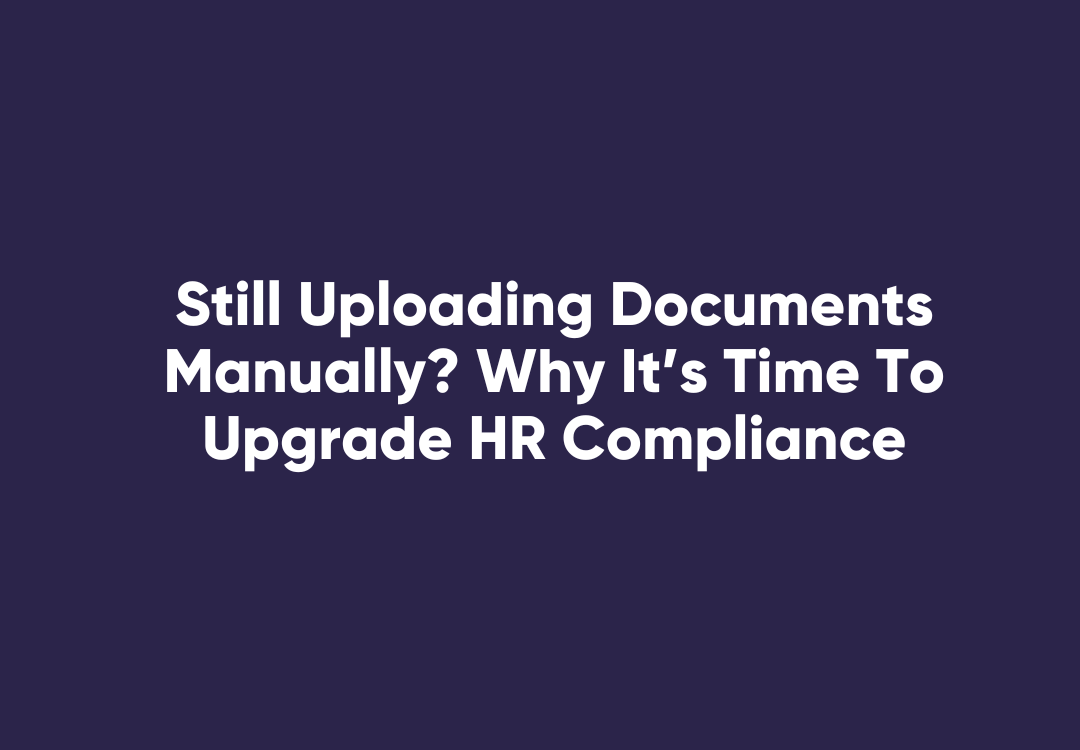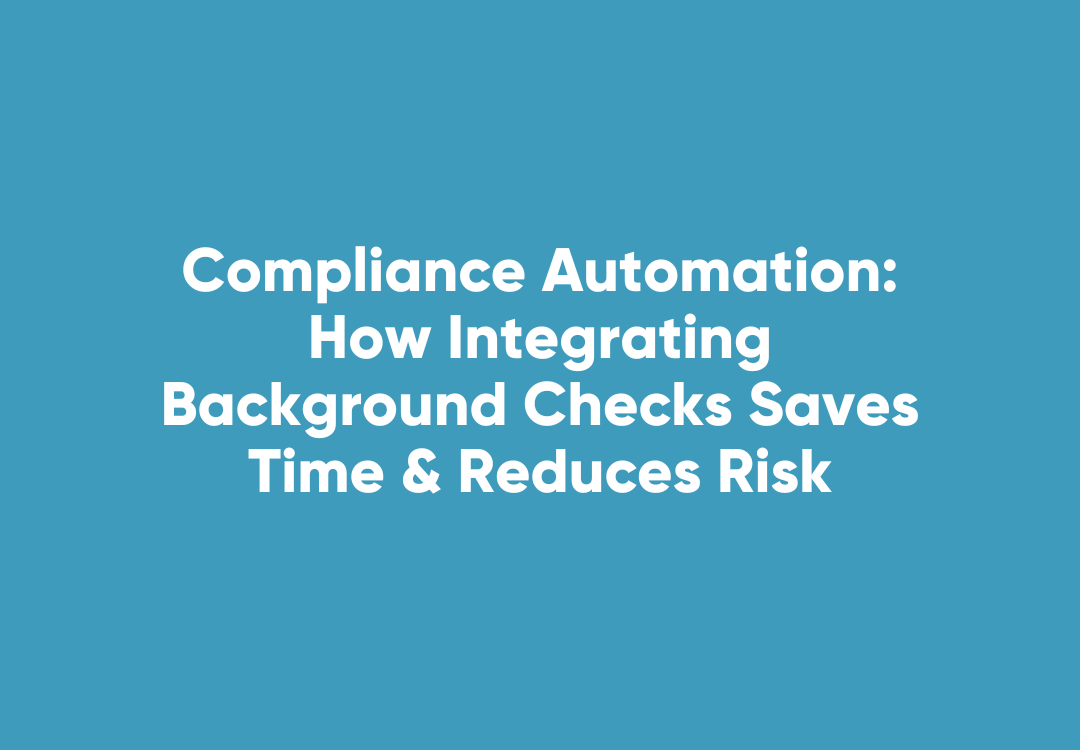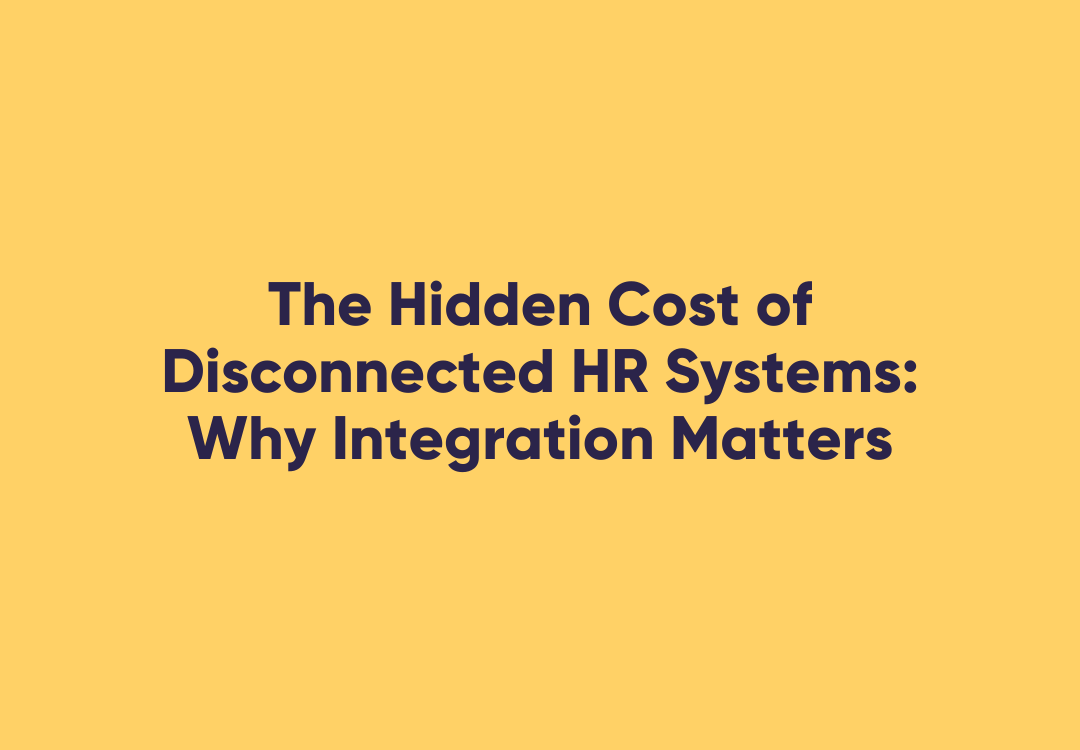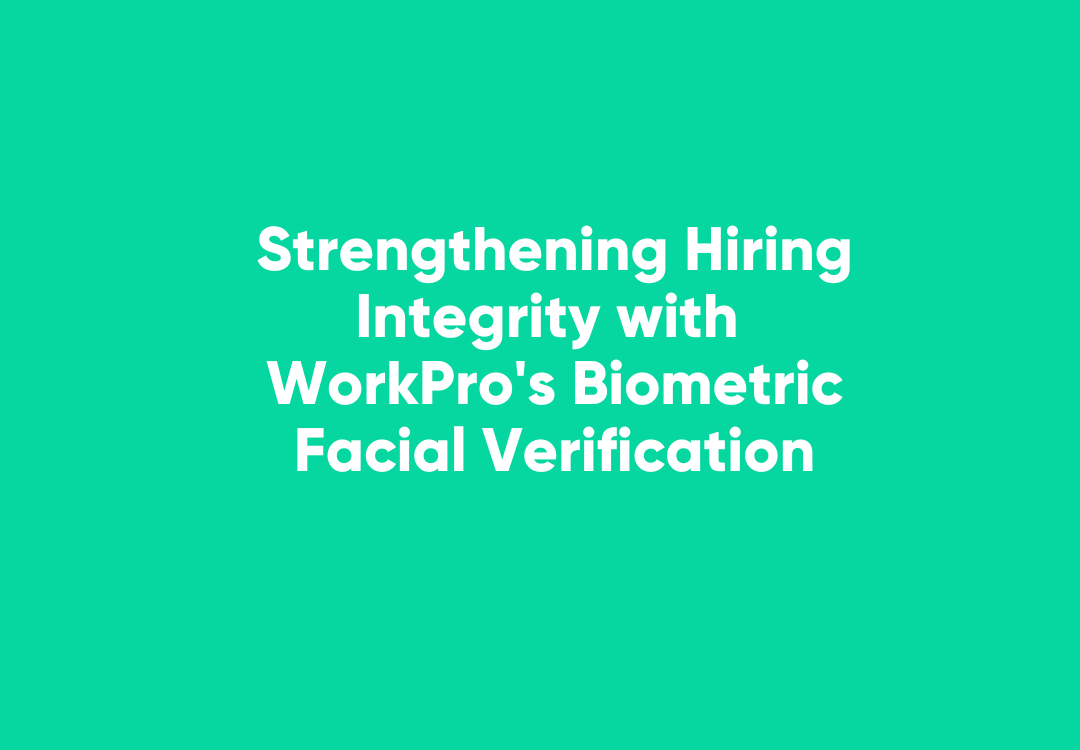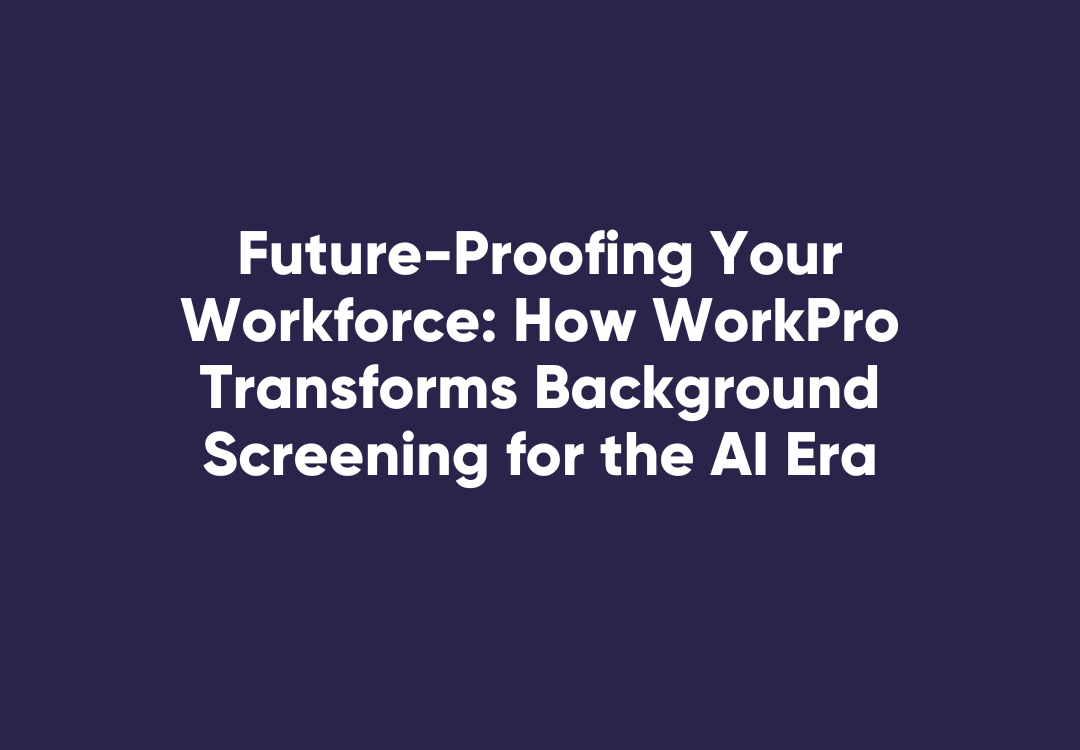Navigating Compliance and Engagement in eLearning
In a recent social post, Tania Evans from WorkPro highlighted a scenario that's familiar for many legal and governance teams: the need to provide transcripts and evidence of completed training in legal contexts. This instance underscores the critical nature of building workplace training programs within an organisation – including the need to consider and build systems that protect and support your company. Here's a deeper dive into these challenges:
Challenges in Tailoring Learning Modules
HR professionals face a daunting task as it relates to writing content for work safety. Each industry, role, and risk profile demands a tailored approach to ensure safety learning is relevant, effective and compliant. The challenge is multifaceted:
- Industry-Specific Needs: Different sectors have unique risks and compliance requirements.
- Role-Specific Content: Training must be relevant to the specific duties and responsibilities of each role.
- Risk Management: Identifying and mitigating risks through targeted learning is crucial.
Addressing Legislative Changes
The ever-changing Australian legislative landscape compounds the complexity of creating effective learning modules. Teams must:
- Stay Current: Ensure content is up-to-date with the latest regulations and laws.
- Evergreen Learning Modules: Develop modules that can be easily adjusted to accommodate legislative changes, ensuring longevity and relevance of the content.
Ensuring Competency with Evidence-Based Assessments
A critical aspect of eLearning is not just the delivery of content but also verifying the individual’s understanding and competency. This involves:
- Assessments: Testing knowledge to ensure comprehension and application.
- Completion Tracking: Documenting when a learner completes a module.
- Certification: Providing evidence of completion and competency when necessary.
Practical Application: Bridging Knowledge and Action
The modern workforce demands training that is not just a box-ticking exercise but a meaningful, interactive experience that imparts practical knowledge and skills. The key to achieving this lies in the development of learning modules that are practical, engaging, accurate, and relevant:
Practical application: Modules that simulate real-world scenarios enable learners to see the relevance of their training, bridging the gap between theoretical knowledge and practical application. This hands-on approach ensures that learners are not merely passive recipients of information but active participants in their learning journey, equipped to apply their newfound knowledge in their day-to-day roles.
An Engaged Learning Experience: Interactive content that challenges and captivates learners is crucial for maintaining attention and fostering an immersive learning environment. Through interactive elements such as quizzes, simulations, and real-life case studies, learners are more likely
to retain information and remain motivated throughout their training. Engagement is not just about making learning fun; it’s about making it stick.
The Backbone of Compliance and Trust: Accuracy and relevance in training content is non-negotiable. Every module must align with current legislation and be relevant to the learner to maintain engagement, but also best practices. This commitment to accuracy not only safeguards compliance but also builds trust among learners. When employees know that their training is based on the latest and most accurate information, they feel more confident in applying this knowledge, reinforcing the credibility of the learning program and the organisation.
Customised Learning: The relevance of learning content cannot be overstated. Training modules that are tailored to the specific risks, requirements, and scenarios of a given industry or role significantly enhance the learning experience. By addressing the unique challenges and needs of different roles, relevant training ensures that every learner finds value and applicability in their training modules, making the learning experience not just a exercise but a targeted, impactful journey.
To ensure your eLearning content meets the highest standards, consider this quick check:
- Role and Industry Specific: Does the content address the unique needs of the role and industry?
- Legislation Compliant: Is the content up-to-date with current regulations?
- Engaging and Practical: Will learners find the content engaging and applicable to their roles?
- Evidence-Based: Does the program include assessments and certification to provide evidence of competency?
WorkPro rises to these challenges with eLearning modules that offer a comprehensive solution to these challenges, providing:
- Customisable Content: Tailored to meet the specific needs of various industries and roles.
- Up-to-Date Modules: Regularly updated to reflect the latest legislative changes.
- Engagement and Retention: Interactive and engaging learning experiences.
- Evidence of Competency: Robust assessment and certification options.
- Integration Capabilities: Seamlessly integrates with existing HR systems for streamlined workflows.
Navigating the complexities of workplace training, especially in health and safety, requires a nuanced approach that considers industry-specific risks, legislative changes, and the need for engaging, practical content. WorkPro's eLearning platform offers a comprehensive solution, designed to meet these needs head-on, ensuring your workforce is not only compliant but also engaged and equipped with the necessary knowledge to navigate workplace challenges safely.
Are you ready to elevate your workplace training with tailored, effective eLearning solutions? Discover how WorkPro can transform your approach to compliance and learning.




